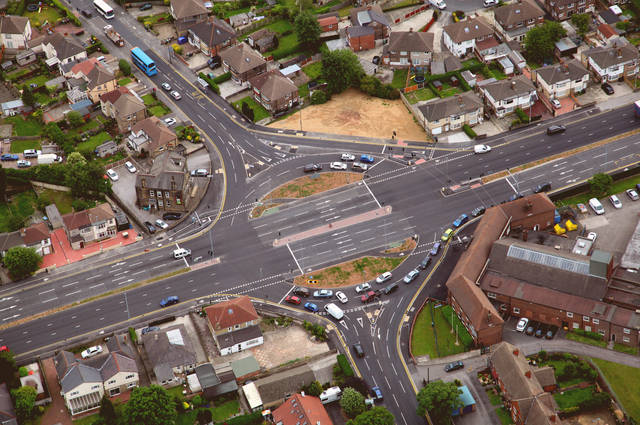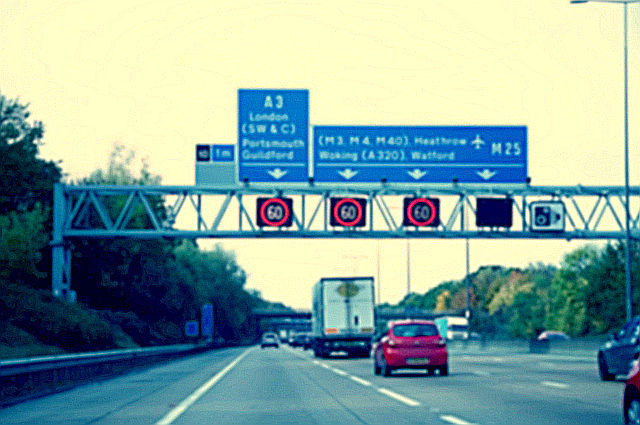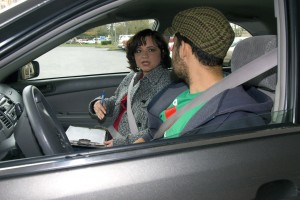When you take driving lessons, you shouldn’t expect to take 10 lessons, your test, and pass first time. Driving tests are more complex these days, and the road system is becoming more congested. It will take as long as it takes and your driving instructor will be the person best experienced to know when you are ready. It can be intimidating learning to drive, but here’s what to expect when taking driving lessons in Gillingham:
A slow start
Your driving instructor won’t just throw you onto a dual carriage way shouting instructions – in fact you shouldn’t expect to do too much on your first lesson. If you rush to get onto the road and have an accident or bad experience, it can put you off for life, so a good instructor will start you somewhere quiet.
To study
Like it or not, and probably not, there is a theory test to pass and it doesn’t matter how good of a driver you are, you will still need to pass this test. The theory test will help you drive more safely as well as pass your test, so it is well worth studying for sooner rather than later.
To learn manoeuvres
Whilst being a safe driver is important, you will need to learn the manoeuvres in order to pass the test, as well as in order to be able to park the car when you stop!
To be patient
Everyone learns at different rates and if you’re not ready even after 20 hours, you shouldn’t feel under pressure to take your test. Taking your test can be expensive and so if you take it too soon and fail, it will be money badly spent as you will just need more lessons before you take your test. Failing your test can also knock your confidence and make it harder to pass the next time.
To pass your test
Even if it’s not the first time. Whether or not you pass your test is as much about what happens on the day as anything else, so if you don’t pass first time it doesn’t mean you’re a bad driver and you shouldn’t give up.








